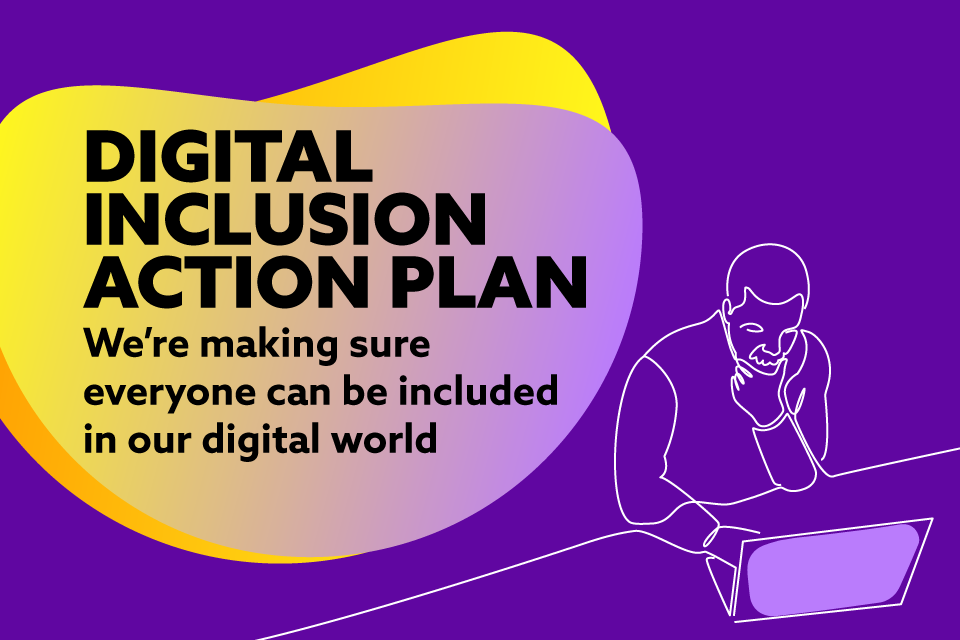
February 28th 2025
The UK government has introduced its “Digital Inclusion Action Plan: First Steps,” aiming to bridge the digital divide and ensure all citizens benefit from technological advancements.
People drawing on or working in social care are amongst the most digitally excluded, so we welcome the plan’s focus on support for older people, adults with disabilities and low income households.
Our Project Lead, Katie Thorn, shares her thoughts on digital exclusion in our latest LinkedIn newsletter – Digital Care Insights.
“Digital inclusion isn’t just about making life more convenient – it’s about access to essential services, staying connected, and having control over your own life.
“For people drawing on social care, digital access can mean the difference between isolation and connection. It can enable remote monitoring, assistive technologies, and better coordination of care. But without digital inclusion, these benefits are out of reach.
“The shift to digital is happening fast, and if we don’t act, the most vulnerable in our society will be left further behind.”
Digital Inclusion Action Plan: summary
Immediate actions
Over the next 12 months, the government says it will implement five key initiatives:
- Local-level support: A new Digital Inclusion Innovation Fund will be launched to support community-driven projects that help individuals get online.
- Skills enhancement: The government will enhance frameworks assisting individuals and businesses in acquiring essential digital skills, ensuring safe and confident online engagement.
- Device provision: In collaboration with the Digital Poverty Alliance, a pilot scheme will repurpose government laptops for those in need, addressing the lack of appropriate devices.
- Accessible government services: Efforts will be made to simplify digital public services, enhancing user experiences and expanding the adoption of GOV.UK One Login for seamless access.
- Evidence gathering: The government will assess effective digital inclusion strategies, identify areas with the greatest need, and evaluate the economic and social benefits of equipping adults with digital skills.
Target groups
The plan focuses on five demographics disproportionately affected by digital exclusion:
- Young people: Ensuring youth have the digital competencies required for education and employment.
- Older adults: Assisting seniors in navigating an increasingly digital world.
- Individuals with disabilities: Providing accessible technologies and support for those with disabilities.
- Unemployed individuals: Offering digital skills training to enhance employability.
- Low-income households: Making internet access and devices more affordable for financially constrained families.
Call for evidence
To refine and enhance the action plan, the government is soliciting feedback from stakeholders, including local authorities, businesses, charities, community groups, and the public. This consultation is open until 11:55 pm on 9 April 2025, inviting diverse perspectives to shape future digital inclusion efforts.
View all News